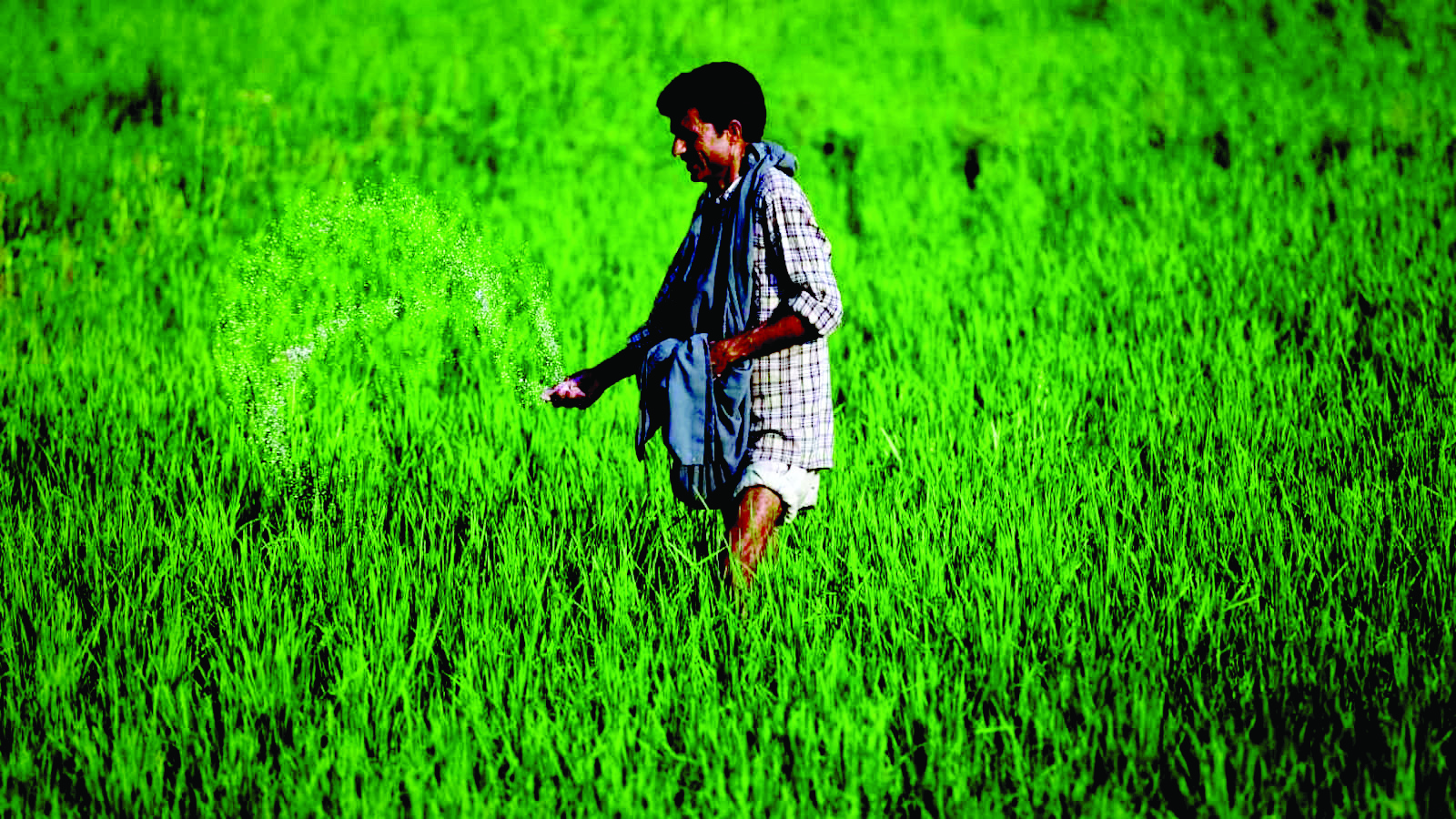Nano-DAP for farmers by 2023 kharif season, announces Mandaviya

New Delhi: As a part of the government's initiative to bring down the usage of fertilizers, Union Minister of Chemical and Fertilizers Mansukh Mandaviya announced making available nano-diammonium phosphate (nano-DAP), which is a variety of soil nutrient, to farmers by 2023 kharif season.
While interacting with farmers through video conferencing, Mandaviya said, "All the technical formalities such as tests on biosafety and toxicity have already been completed. Now the approval for commercial use of Nano-DAP is in process which would be announced soon."
Stressing that the wider use of nano-urea and nano-DAP would help in significant reduction of the fertiliser subsidy incurred by the government over the next couple of years, the minister said, "The government's spending on fertilizer subsidy has increased in the recent years. It's estimated that the government's fertiliser subsidy may rise to Rs 2.3-2.5 lakh crore in this fiscal, which may go down by 25 percent in 2023-24 financial year with the extensive usage of nano-urea and nano-DAP."
Earlier, a fertiliser ministry official stated that field trials for nano-DAP have been completed and data has been submitted to the agriculture ministry for taking it forward for the approval purpose.
According to sources, a 500 ml bottle of nano-DAP would be sold at Rs 600 to farmers by Indian Farmers Fertiliser Cooperative (IFFCO). One bottle of nano-DAP is equivalent to one bag of DAP, which costs Rs 1,350 per bag to the farmers, while actual cost of a bag is Rs 4,000. The gap between actual cost and prices paid by the farmers is borne by the government under the fertiliser subsidy scheme.
Notably, nearly half of India's DAP requirements are imported via West Asia and Jordan. In June 2021, IFFCO had launched nano-urea in liquid form as an alternative to conventional urea.
Recently, on the issue, Fertiliser Secretary Arun Singhal had said that the government is aiming to increase the current annual production capacity of nano urea from the 50 million bottle (550 ml each) to 440 million bottles by 2025 which would stop import of soil nutrient variety.
"We are setting up 10 plants which would manufacture 440 million bottles annually by 2025 which would be equal to 20 million tonne (MT) of conventional urea," Singhal had said.



